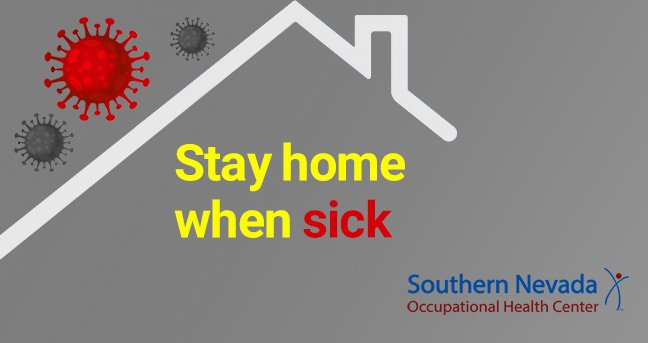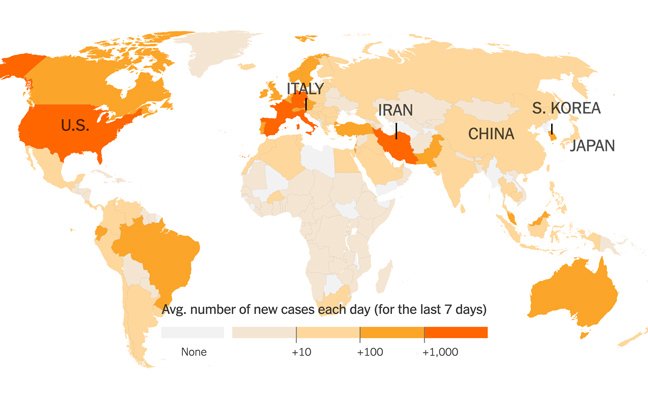In this crisis, companies must focus on the employees’ safety against coronavirus.
The SNOHC team explains frequently asked questions over employees’ safety against coronavirus.
What employees need to know to stay safe against Coronavirus
Neither employers nor governments can’t deal with the employees’ safety against coronavirus alone. Everyone should take one step toward solving it. It’s good practice for employees to:
- Practicing self-hygiene and encouraging others to do so.
- Keep 6 feet distance while talking.
- Stay and keep the family updated on actions to reduce risk levels.
- Check friends, and co-workers’ emergency contact or contact numbers are up to date.
- Make sure of regular hand wash by everyone, and there are clean places with soap and water to do so.
- Make sure managers practice hygiene plans, isolate sick employers at the workplace.
- Change/postpone any travel to affected areas.
- Employees must use hand sanitizer and tissues, and encourage others to do so.
7 Helpful strategies to protect workers against coronavirus
1. Encourage sick employees to stay home
Experts recommend that employees who have acute respiratory illness stay home. They need to wait until they are free of fever and any other symptoms for at least 24 hours. Stopping the spread chain is essential in employees’ safety against coronavirus. The CDC urges separating employees who have symptoms of acute respiratory illness. Sending them immediately home would be wise. Sick employees must cover their mouth and nose while sneezing or coughing. If tissue is not available, with the end of the elbow.
2. Stay and keep others informed
Lots of people are feeling stressed out. People are experiencing much concern because there are lots of unknowns out there. Isolation can have a negative-devastating impact on the human psyche. Families have the challenge of finding outlets. It’s essential to be cautious while trying to inform and hearten employees. Making employees busy will help:
- Creating some fun
- Talking in a positive mood
- Engaging employees more to think less about the crisis
- Defining new projects that even are not necessary.
Identify and introduce reliable sources of information such as WHO, CDC to employees. Encourage them not to believe every shocking news they hear on social media.
3. Importance of hygiene
Companies need to provide employees the necessary means to prevent the coronavirus spread. Employers need to educate employees about workplace infection, symptoms, and modes of transmission. Employers need to put in place measures to reduce the risk of transmission in the workplace. For example, providing hand sanitizers/handwashing facilities and disinfecting public surfaces.
Emphasize hand hygiene and respiratory etiquette by all employees:
- At the most visited places, place safety tip posters.
- In conference rooms/most visited locations, place hand rubs to encourage self hygiene.
- Provide alcohol-based sanitizers, no-touch disposal receptacles, and tissues for use by employees.
- Force employees to wash hands for at least 20 seconds or use alcohol-based sanitizers. If the dirt on the hands is clear, you must use soap and water.
4. Perform routine environmental cleaning
- Execute regular and frequent cleaning. Particularly for most-touched surfaces, such as doorknobs, countertops, and workstations.
- Provide disposable wipes to employees. They need to clean desks, remote controls, keyboards before each use.
5. Employers need to take certain steps before traveling
- For travel tips, visit the CDC’s Traveler’s Health Notices.
- Before traveling, check employees for acute respiratory illness. If employees are sick, avoid sending them on business trips.
6. Prepare plans for a possible coronavirus epidemy in the US
The level of severity of how many people will become infected from COVID-19 in the US is not yet known. You need to be able to respond in a flexible way to different levels of severity. Consider preventing business losses in a likely quarantine. There is a low-risk stage for the general American public from COVID-19.
7. Creating an Epidemy Response Plan
Based on the type of job and circumstances, think of different considerations. Every employer should protect the workforce from COVID-19 during an epidemy. Practice Routine cleaning of most-touched surfaces and self-hygiene. Employees need to understand that staying out of the workplace is essential.







